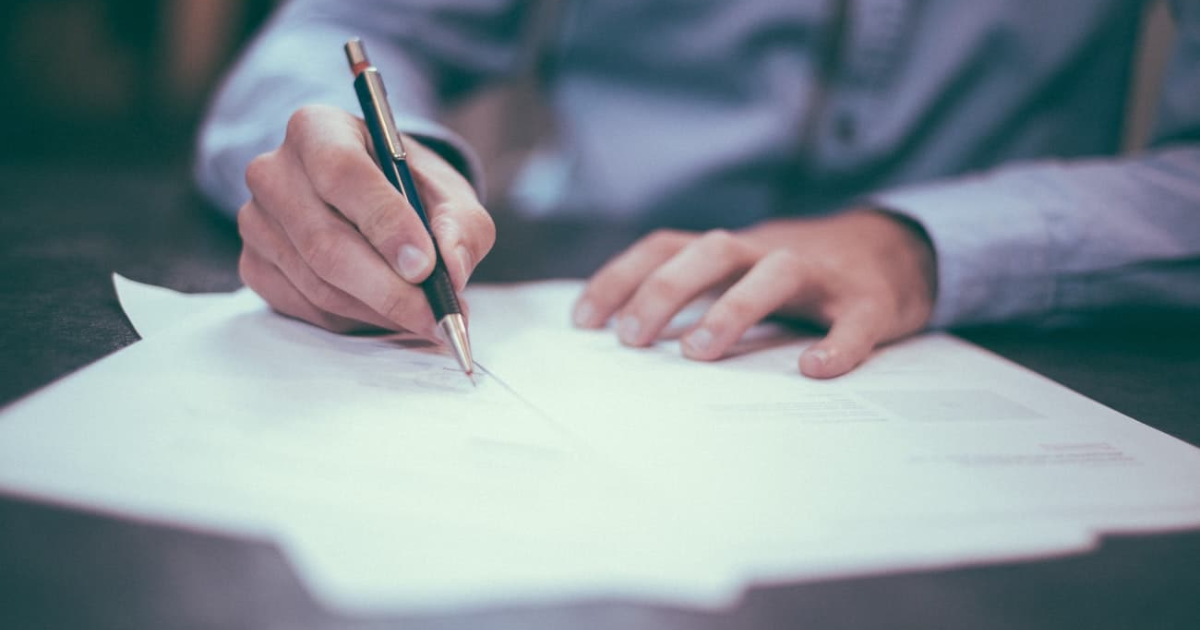5 Tips For Choosing A Real Estate Lawyer
Purchasing real estate is arguably the largest, most complex, and meaningful financial decision of your life. There are so many ways a real estate...

You have done all the legwork. Prepared and shown your property to prospective renters, chosen the best one for you, and have done the requisite background and credit checks. The next step may seem as simple as crossing your T’s and dotting your I’s but it will set the legal parameters for the lessor-lessee relationship. It’s time to prepare your lease agreement form. Understanding how the lease agreement form works, and why it is important, is critical for any landlord.
A simple Google search will produce a wide range of lease agreement form templates. While these are provided by most states and many realtor associations, the templates should be thought of as a guide and not the final draft. Your lease agreement may need more specific language based on local regulations. And it should always be modified to cover any rule or practice unique to your property. In an effort to save yourself any legal or financial headaches later, it is always recommended to make use of a real estate lawyer to ensure your lease agreement form addresses all of your needs.
A standard lease agreement form will consist of all of the basics. These include the name and contact information of the lessor and lessee, the address of the property, the terms and conditions of the lease agreement, the rental rates, etc. The addition of clauses to the lease agreement will help protect the property owner from any tricky rental situations that arise. Below are a few examples of such clauses:
It’s always worth having a lawyer prepare an initial lease agreement for you. It might cost you money, but it will be well worth it in the long run. That lease agreement will be tailored to your specific property and circumstances, and it can be used for years to come.
At Nochumson P.C., we treat our clients’ legal matters as our own and have handled hundreds of real estate matters across Philadelphia and the Delaware valley. If you have any questions or interest in pursuing a real estate transaction, reach out to our firm.

Purchasing real estate is arguably the largest, most complex, and meaningful financial decision of your life. There are so many ways a real estate...

The City of Philadelphia’s Office of Property Assessment administers what is commonly known as the contractor’s tax exemption program and also the...